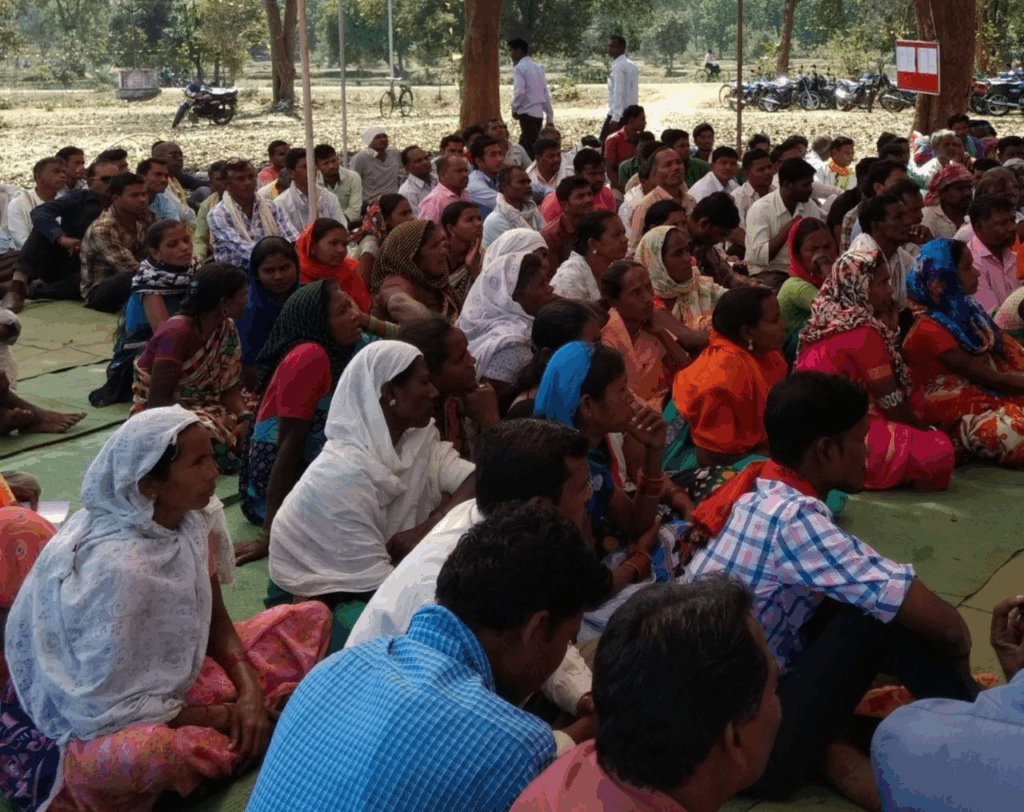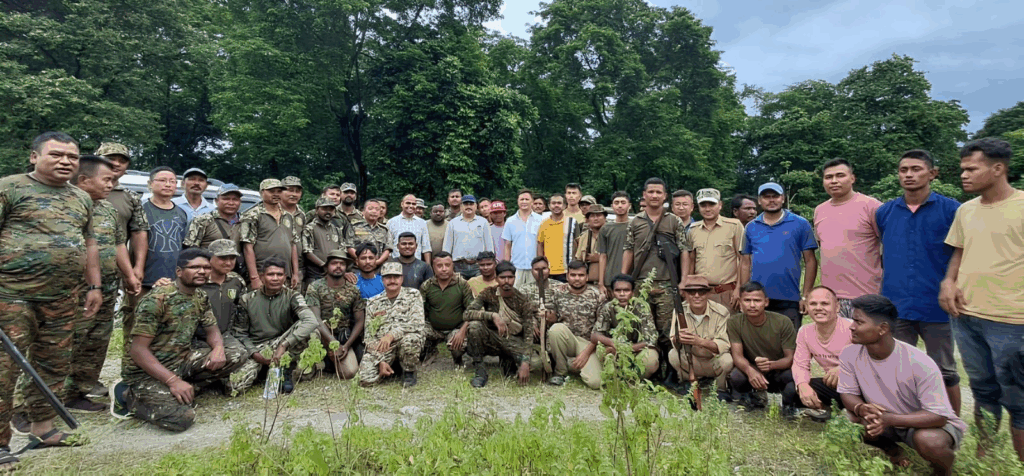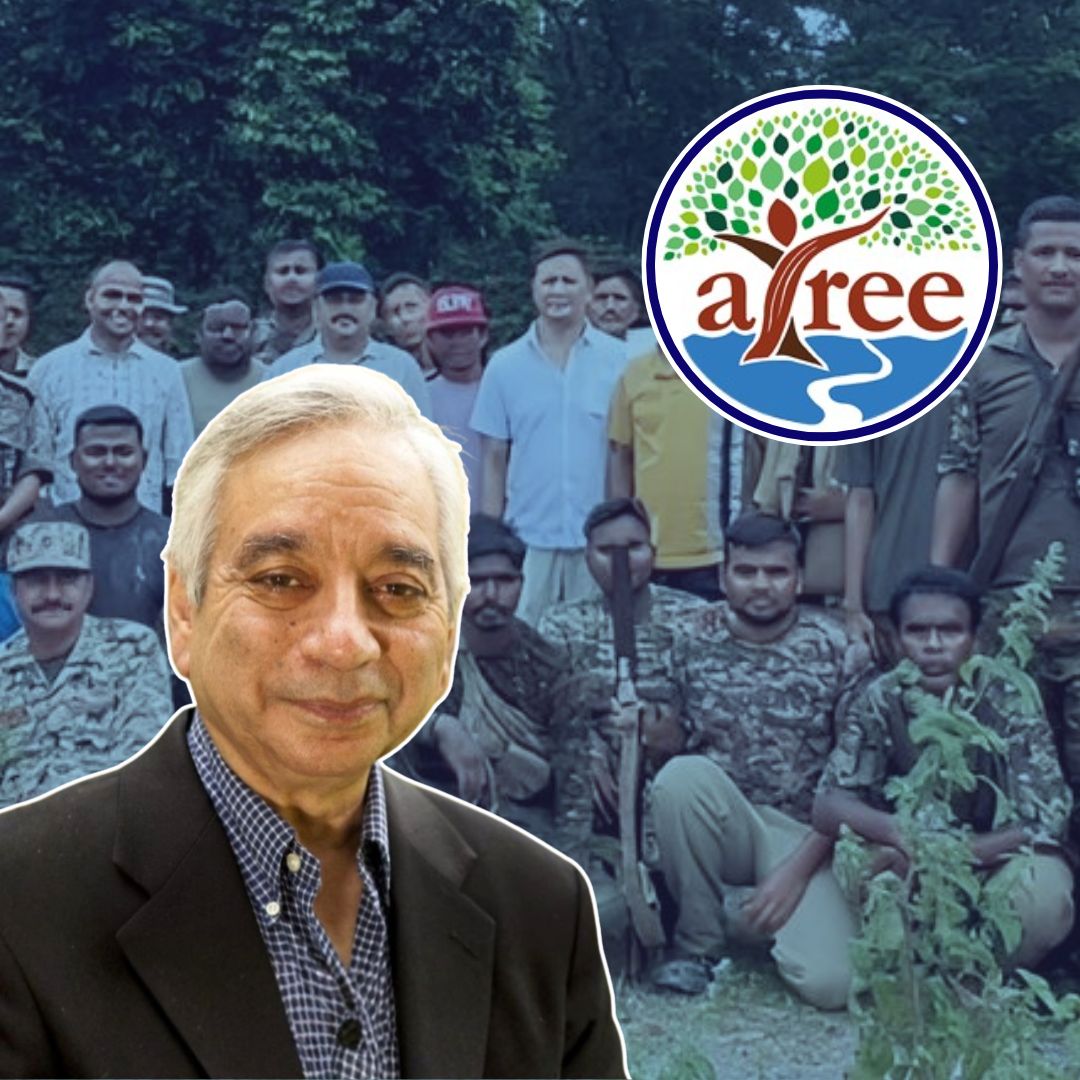Founded by Prof. Kamaljit Bawa, ATREE focuses on the ecology and conservation of tropical forests and biodiversity hotspots in India including the Western Ghats and the Eastern Himalayas.
Leveraging a holistic approach that integrates scientific research with policy interventions and community-based conservation, ATREE has significantly influenced environmental governance and sustainable livelihoods.
The organisation employs advanced technologies such as geospatial mapping and open biodiversity databases to monitor species, land use, and forest diseases including Kyasanur forest disease.
ATREE recently received international acclaim, including the prestigious Dr. M.S. Swaminathan Award for Leadership in Agriculture 2023 and recognition by UNESCO, solidifying its status as a leading environmental think tank and action centre.
Officials underscore ATREE’s exemplary role in training future environmental leaders and promoting citizen science, with ongoing programs funded by philanthropic contributions dedicated to conservation and climate resilience.

ATREE’s Scientific Legacy and Technological Innovation
Since its founding over two decades ago, ATREE has carved a niche as a top-ranked environmental research institution dedicated to interdisciplinary inquiry and practical solutions.
Prof. Kamaljit Bawa, a distinguished professor at the University of Massachusetts Boston, envisioned an institution that transcended purely academic study by rigorously linking ecological data with social, economic, and policy dimensions.
The organisation’s early work focused on sustainability in forest-dependent communities, exemplified by in-depth studies in the Biligiri Rangaswamy Hills, where ATREE developed strategies to balance local livelihoods such as sustainable extraction of non-timber forest products with conservation goals.
Technological advancements have become pivotal to ATREE’s expanding impact. The trust has pioneered the development of the India Biodiversity Portal, an open-access, crowd-sourced repository cataloguing thousands of species across diverse ecosystems.
In tandem, ATREE employs Geographic Information System (GIS) tools for mapping land use and habitat fragmentation, essential for conservation planning and mitigating human-wildlife conflicts.
The institution’s ongoing efforts include Decision Support Tools designed to control outbreaks of forest diseases, such as Kyasanur forest disease, which pose both ecological and public health risks.
ATREE’s director Dr. Nitin Pandit notes that the organisation’s success lies in its comprehensive approach that bridges science, technology, and community involvement: “Our work strengthens both scientific understanding and social empowerment, engaging local communities as partners in environmental stewardship rather than passive beneficiaries.”
The trust’s commitment to training environmental leaders, disseminating knowledge via scientific publications, and fostering citizen science initiatives has helped democratise conservation and enhance public engagement with environmental challenges.

Contextualising ATREE’s Broader Environmental Mission
Prof. Bawa’s founding vision for ATREE was to establish an institution capable of addressing the multidimensional nature of biodiversity conservation amidst rapid socio-economic change.
Rather than limiting itself to academic research, ATREE’s mission embraces policy advocacy, education, and on-the-ground action in collaboration with governmental and non-governmental stakeholders.
This integrated model has enabled ATREE to translate research into applied conservation management practices that restore habitats, sustain natural resource livelihoods, and promote ecological health.
The trust’s active presence in high-biodiversity regions like the Western Ghats and the Eastern Himalayas has produced notable successes.
Participatory conservation projects have empowered indigenous and local communities to sustainably manage forest resources while fostering alternative livelihood strategies to reduce environmental pressures.
Collaborations with international institutions such as the UK Centre for Ecology and Hydrology have further enhanced ATREE’s capacity to develop evidence-based environmental governance frameworks and tools.
Over the years, ATREE has become a living laboratory for innovative environmental science that incorporates traditional knowledge, interdisciplinary perspectives, and cutting-edge research methods.
Its ecological restoration efforts and sustainable resource management programs are complemented by outreach campaigns aimed at raising biodiversity awareness and training the next generation of conservationists.
These efforts are crucial in the face of accelerating climate change, urbanisation, and habitat loss that threaten India’s natural heritage.

The Logical Indian’s Perspective
The work of ATREE and its founder Prof. Kamaljit Bawa exemplifies the power of combining scientific rigour with empathy, technology, and grassroots participation to address complex environmental challenges. Their approach resonates closely with The Logical Indian’s commitment to fostering coexistence, dialogue, and sustainable development through informed civic engagement.
By bridging the gap between research, policy, and community action, ATREE demonstrates how scientific knowledge can be harnessed to create equitable solutions that benefit both people and ecosystems. ATREE’s successes prompt a reflection on our collective responsibilities as citizens, policymakers, and global inhabitants.
How can communities across India deepen their collaboration with organisations like ATREE to amplify conservation outcomes? What role can individual citizens and policymakers play in integrating science and empathy to secure a harmonious and sustainable future?
If you’d like us to feature your story, please write to us at csr@5w1h.media











